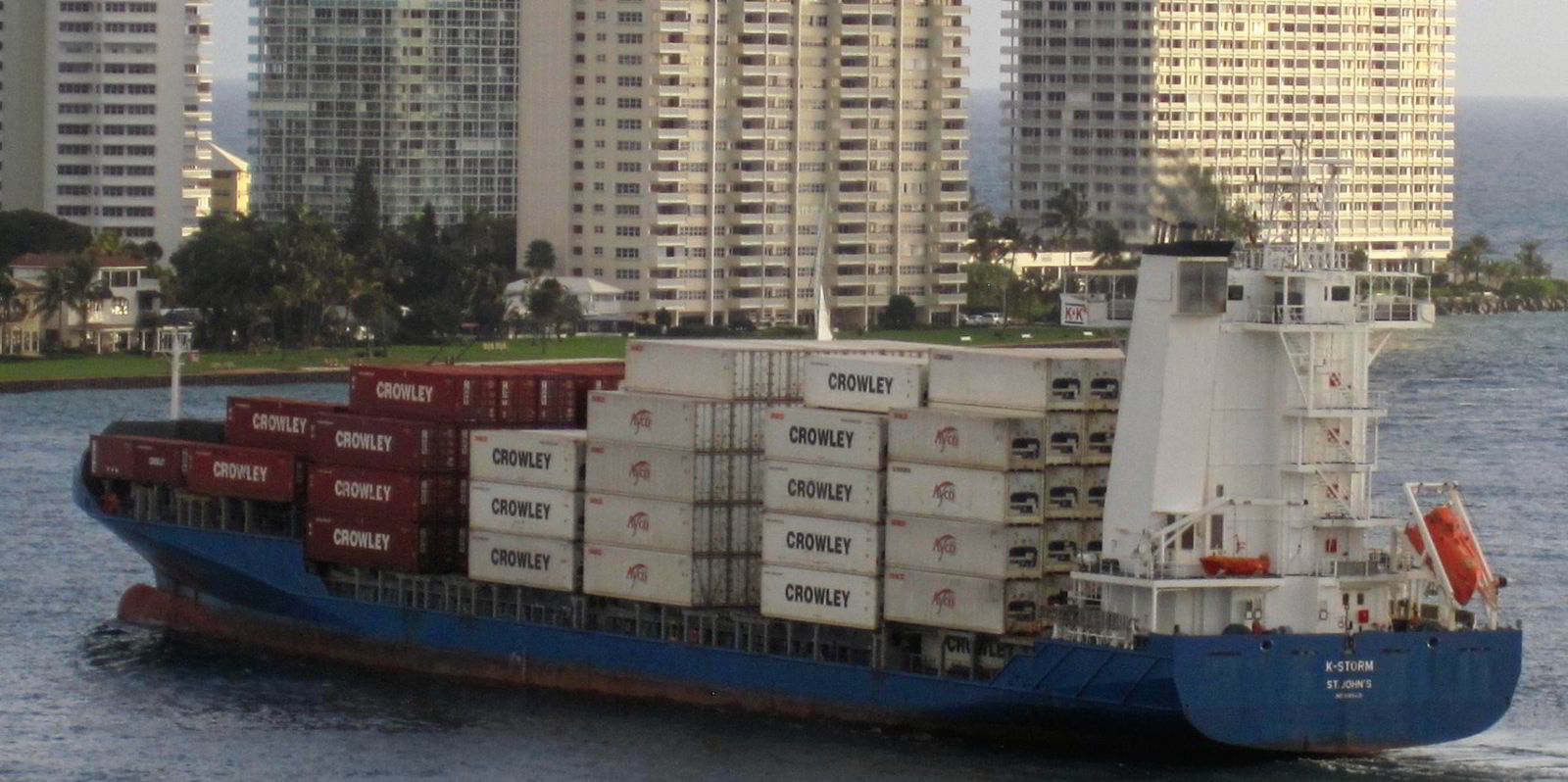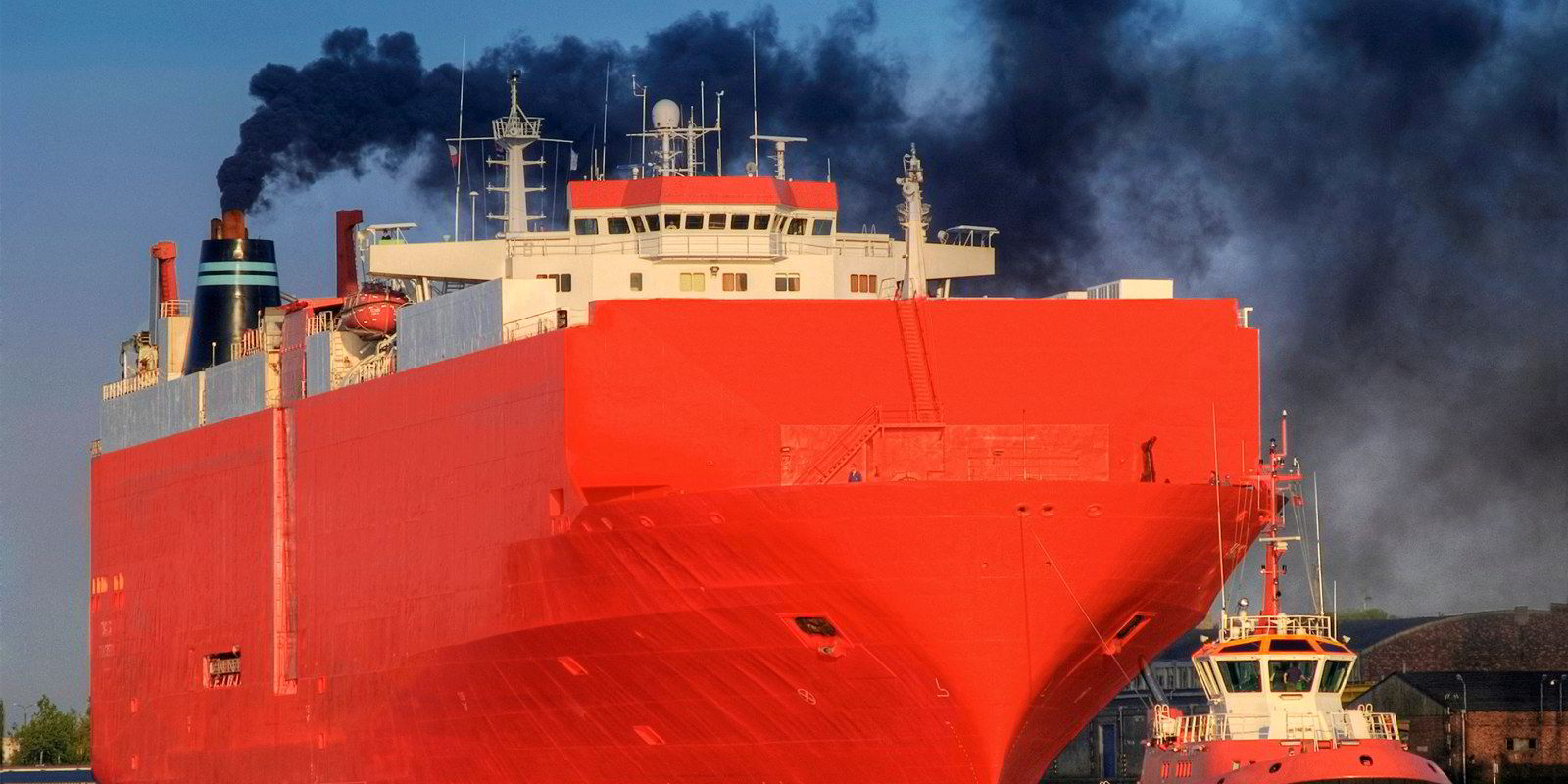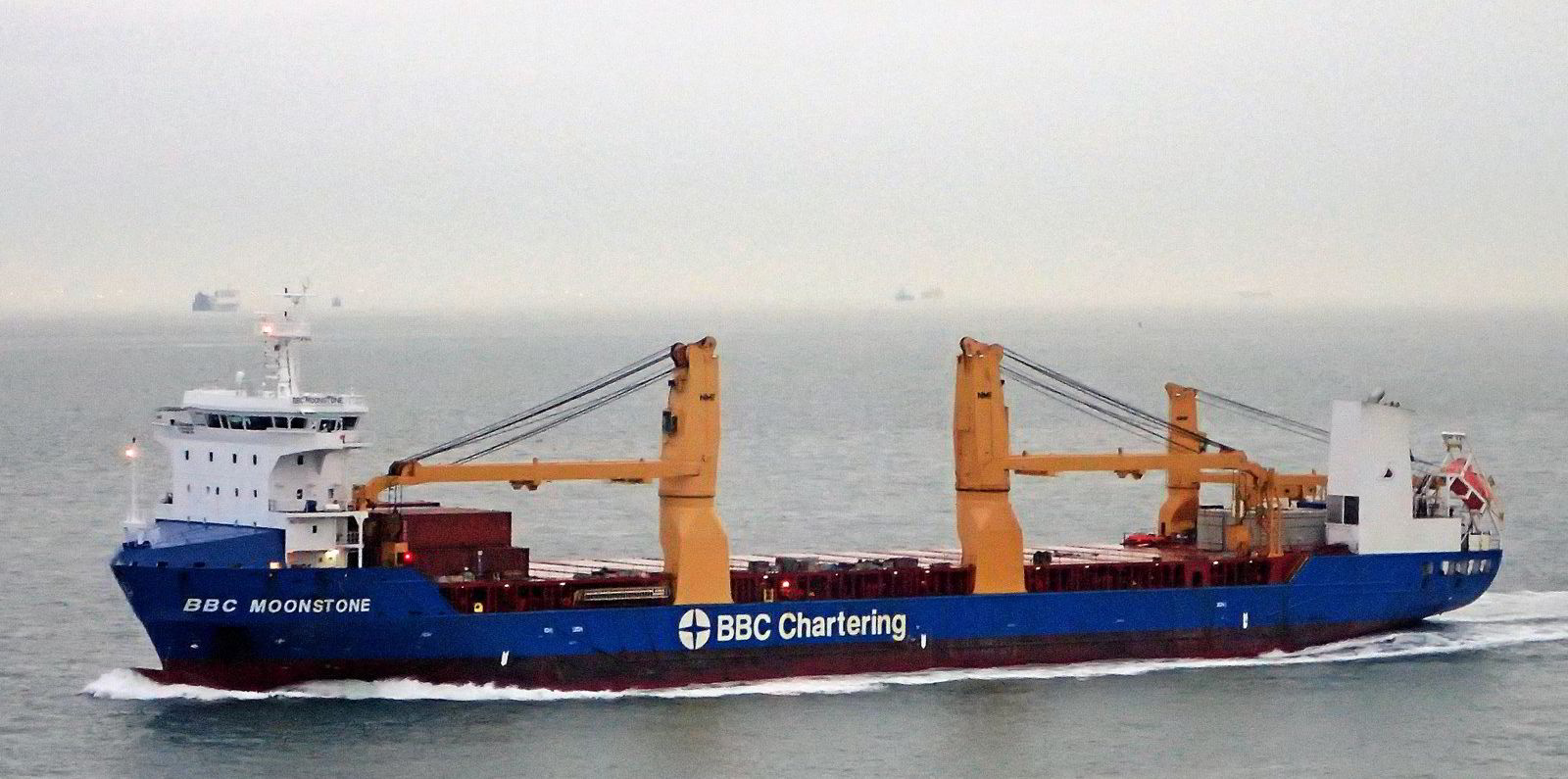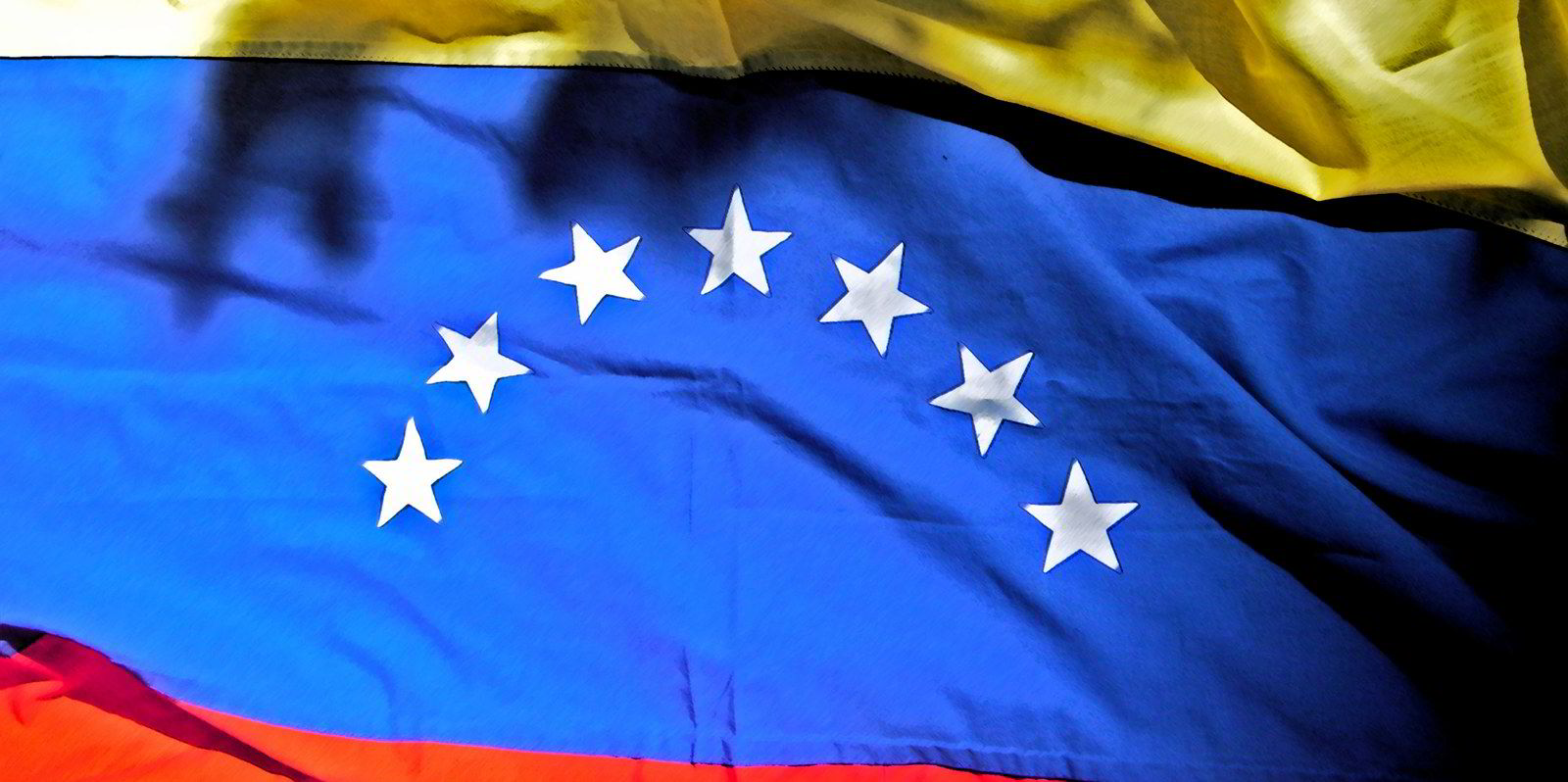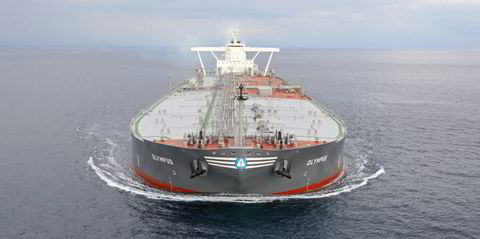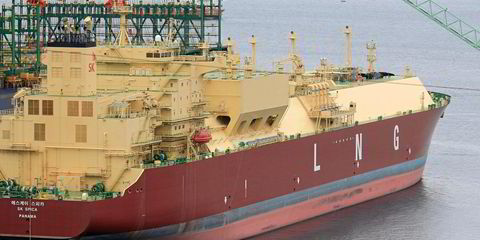The family of four Cuban-American businessmen who once had a multi-decade concession to build port facilities near Havana is suing privately-held Crowley Maritime.
The lawsuit, filed in the US federal court for the Southern District of Florida by members of the Blanco Rosell family, accuses the Jones Act player of trafficking in appropriated property by running a liner service to Mariel Bay.
"[Crowley has] trafficked in the confiscated property, by knowingly and intentionally directing containerships from Port Everglades (Fort Lauderdale) and the Port of Jacksonville, Florida, to the Port of Mariel," the complaint read.
The lawsuit was filed under the controversial Helms-Burton Act, which in part gives US nationals the right to sue if their property was nationalised when the Communist Party of Cuba took power in 1959.
The company, founded in 1954, had a 70-year concession from the Cuban government to develop port infrastructure in Mariel, approximately 43 km (27 miles) west of Havana.
According to the lawsuit, four Blanco Rosell brothers — Alfredo, Florentino, Enrique and Byron — held equal holdings in Maritima Mariel.
Economic zone
The company and a sugar mill that the brothers owned were confiscated by the Cuban government in September 1960.
In 2009, the Cuban government created the Mariel Special Economic Zone and developed a port on land that was once controlled by the Blanco Rosell brothers.
Since 2019, the Blanco Rosell family has argued that the 974-teu Tucana J, Pavo J and Pandero (all built 2007) and K-Storm (built 2008) have each called on the new port facilities dozens of times.
The complaint, which names Crowley Maritime and subsidiaries Crowley Liner, Crowley Logistics and Crowley Latin as defendants, claims all four ships have Crowley Latin as a registered owner. Shipping databases show only the K-Storm and Pavo J as owned by the company.
The Helms-Burton Act was passed in 1996 and designed to strengthen the long-time US blockade against Cuba.
The portion of the law allowing legal action for alleged trafficking was suspended by then-president Bill Clinton and every subsequent president. In 2019, the administration of former president Donald Trump allowed proceedings to go ahead.
Since then, several cruise lines have been sued for using nationalised cruse facilities and BBC Chartering was sued for having ships calling on ports built on land once owned by a long-shuttered sugar company.
Unspecified damages
The lawsuit against Crowley requests unspecified damages. The Helms-Burton Act allows for damages to be determined by a court-appointed special master plus interest, the fair market value of the property or the value of the property when confiscated plus interest.
The Blanco Rosell brothers were not US citizens when the property was nationalised, but became US citizens in 1996 on the same day the Helms-Burton Act was signed.
Plaintiffs include Odette Blanco de Fernandez, the 91-year-old sister of the Blanco Rosell brothers, and her nieces and nephews.
Crowley said it is reviewing the filing.
"Although we do not discuss specifics of pending litigation, Crowley intends to vigorously defend our rights against any inaccurate claims," the company said in a statement to TradeWinds. "We do not foresee any changes to our operations as a result of this lawsuit."
